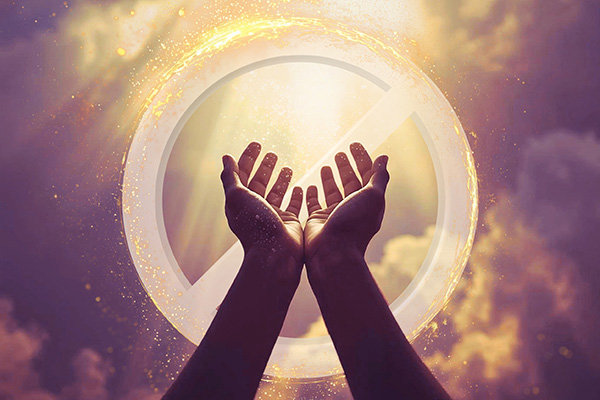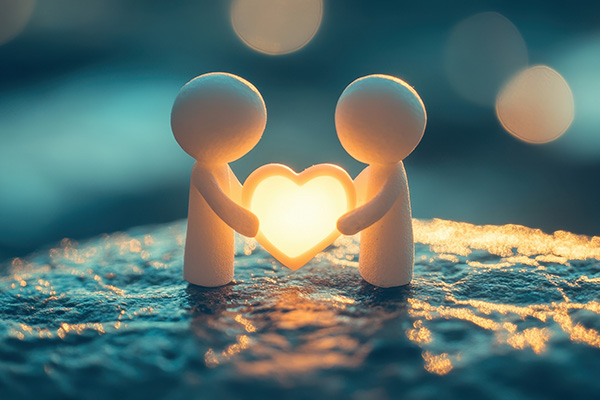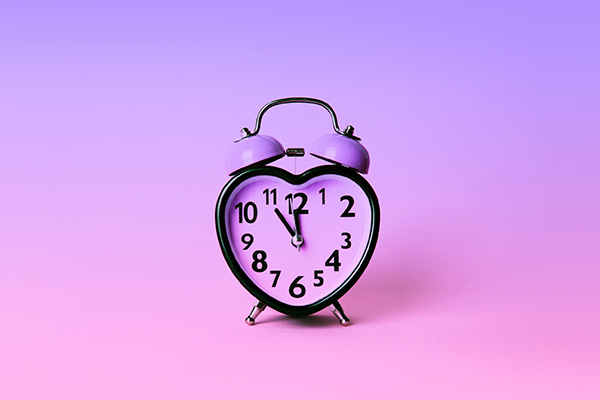compassion
Small Gestures Of Kindness In A Time Of Cruelty
 Many people are feeling anxious or uncertain in recent years with everything that has been happening in the world.
Many people are feeling anxious or uncertain in recent years with everything that has been happening in the world.
Some are fearful and others stressed or unsure how to act appropriately in these restless times. Some even act out in destructive or dramatic ways, taking their frustration out on others.
It is common knowledge that the digital age and social media has spawned a generation of computer warriors and online bullies who express their insecurities and fears, in often extremely mean and cruel ways, from the comfort of their living rooms and basements.
This savage lack of empathy and decorum has seemingly now spilt over into our streets and neighborhoods too.
It is easier for many to be critical and judgmental, to complain and argue, instead of facing facts, dealing with the truth and seeking lasting solutions.
Often not knowing the entire story, many people choose to see only see one side of things, while telling others off for disagreeing with their limited point of view. The computer has unfortunately given some people a platform to spread strife and hatred, instead of love, hope and kindness.
I pray that more people will strive to seek the truth and learn to look for the good and kind in others. Showing tolerance, patience and kindness is always the better, more open approach. And always remember that if someone attacks you directly, then it often means they are somehow struggling or hurting. It usually serves no real purpose to attack them back. Continue reading
Why Love Feels Different Around Valentine’s Day
 Valentine’s Day is a romantic time of flowers and gifts, candlelit dinners, and declarations of love for many people.
Valentine’s Day is a romantic time of flowers and gifts, candlelit dinners, and declarations of love for many people.
But beyond the red hearts and love language gestures, many also feel a curious shift in their emotional state during this time. For many people love feels more intense, more revealing, or even more confusing this time of the year.
Why does this happen?
From a spiritual and astrological perspective, February carries unique energetic patterns that directly influence our emotional awareness and relationships. While Valentine’s Day shines a spotlight on romantic love, the entire month operates like a cosmic mirror, quietly revealing the truths beneath our connections.
It’s not just about Cupid’s arrow, it’s about clarity, emotional timing, and spiritual alignment.
Valentine’s Day did not begin as a holiday celebrating modern romance. Historically, February 14th was observed as a Christian feast day honoring Saint Valentine, who was associated with devotion and commitment in early traditions.
Over time, the day became associated with romantic love in medieval European culture. Writers helped solidify the notion of Valentine’s Day as a day for expressing affection and making heartfelt promises to a loved one.
The Return Of The Divine Feminine
 Sometimes when I do psychic readings, I sense a powerful female presence from Spirit, with wings spread wide, who appears to be lending strength and support to my clients.
Sometimes when I do psychic readings, I sense a powerful female presence from Spirit, with wings spread wide, who appears to be lending strength and support to my clients.
I recognize her as the Egyptian Goddess Isis, or by her Greek name, Auset.
When Goddess Isis comes into a reading, I know that serious business is at hand and that my client needs to be brave, strong, and to believe in themselves. This brings in the grander subject of the Divine Feminine and how that is showing up during my client’s reading.
The awakening of the feminine is alive and happening all around us, and more widely recognized now than ever before.
The rise of the Divine Feminine is showing up in all sorts of arenas, including the corporate workplace. Women, as a whole, are speaking up and no longer have much tolerance for sexual discrimination, lower pay rates, or other outmoded ways of female disempowerment.
However, the interesting thing about the Divine Feminine is that it has a quality of power that is not based on forcefulness. It works more in alignment with the psychic realm and intuition. The Divine Feminine works in harmony with what is, and ways to empower everyone.
Men are very much a part of, and inclusive in the reawakening of the Divine Feminine, because this is not about gender, but more about a more balanced, harmonious way of living life. The Sacred Masculine and the Divine Feminine go together perfectly, like peanut butter and jelly! We need both sides present and active for complete wholeness.
Are You Erasing Your Blessings?
 The unselfish gifts of our time, money, and resources as well as our labors of love bring us many blessings in this lifetime and the next.
The unselfish gifts of our time, money, and resources as well as our labors of love bring us many blessings in this lifetime and the next.
When we are kind and generous to others, we are also showered with good fortune in return. We know this from the ‘golden rule’ of ‘do unto others’ found in many religions and spiritual traditions.
Buy I have read for many clients over the years who are kindhearted and loving people, but complain about their life being very difficult and deprived. They never have enough money, or they cannot find love, or health and well-being seem to evade them. “I am always helping others, but I get nothing in return,” they might say.
Why is this the case? Why are these generous, caring people not being blessed more often for their good deeds?
Well, my guides have made the spiritual cause of this very clear to me. It is my understanding that we do not only add items of charity and compassion to the list of entries on our ‘chalkboard,’ but we also delete or erase them!
You see, when we do a good deed, it gets added to our list of potential ‘return blessings.’ But, if we go around bragging about it, boasting, showing off, telling people how generous or kind we have been, those good deeds become nullified, neutralized, erased. It loses its metaphysical power and spiritual meaning. It can no longer bless us in return.
Love Is Not Just A Battery, It’s Also A Boomerang!
 Love is like a battery. Love is also like a boomerang.
Love is like a battery. Love is also like a boomerang.
When your energy is low, you may feel depleted and think you don’t have any more love to give. The opposite is also true. Complimenting a stranger or showing love to an animal or person re-energizes your battery.
Love is infinite, not finite. The love and joy you give to others comes back to you.
In fact, I often tell my yoga students and psychic clients who are struggling with depression or sadness to compliment at least ten people each day.
It can be something as simple as saying, “I love that shirt!” or “Your writing is so neat!” The smile on that person’s face raises your vibration, healing you as well as them. Most people are struggling with some kind of challenge, and that one compliment can change their day.
Studies have shown that smiling releases hormones that make you happy, while frowning releases hormones that make you sad. Laughing and crying intensifies these hormones. So, smiling at someone or laughing can actually raise your joy level and vibration.
We live in a hate and frustration driven world lately where people are increasingly divided and constantly judging and attacking each other. I belong to several social media groups where people constantly being unkind and intolerant to others. Continue reading
True Love Has No Time Limit, And No Deadline!
 We live in a busy world where most of us have gotten used to a very hurried life. Everything is on a strict schedule and time limit, because we now judge everything this way.
We live in a busy world where most of us have gotten used to a very hurried life. Everything is on a strict schedule and time limit, because we now judge everything this way.
We have become a restless society demanding instant solutions and immediate gratification in all things.
If the line is too long at the supermarket or fast food restaurant, some of us get upset. If we have to wait for our doctor when we have an appointment, we become annoyed. Some cut in front of others, or even cross streets while the light is still red, because they hate to wait.
Similarly, if we do not get an immediate reaction from our latest love interest, some of us do not become just a little restless or anxious. No, they get really upset!
If this kind of hurried, rushed way of life plagues you, then you may definitely need an major attitude adjustment. Because your naturally loving heart and your capacity for love and romance may be in serious trouble.
Maybe your heart never got the memo that there was no need to constantly hurry up and adhere to time limits and deadlines.
What happened to dating? Romantic chats? Patiently anticipated expressions of affection? Dozens of love letters, and more recently emails and test messages? The joint holidays and weekends away? The looking forward to new adventures together?
